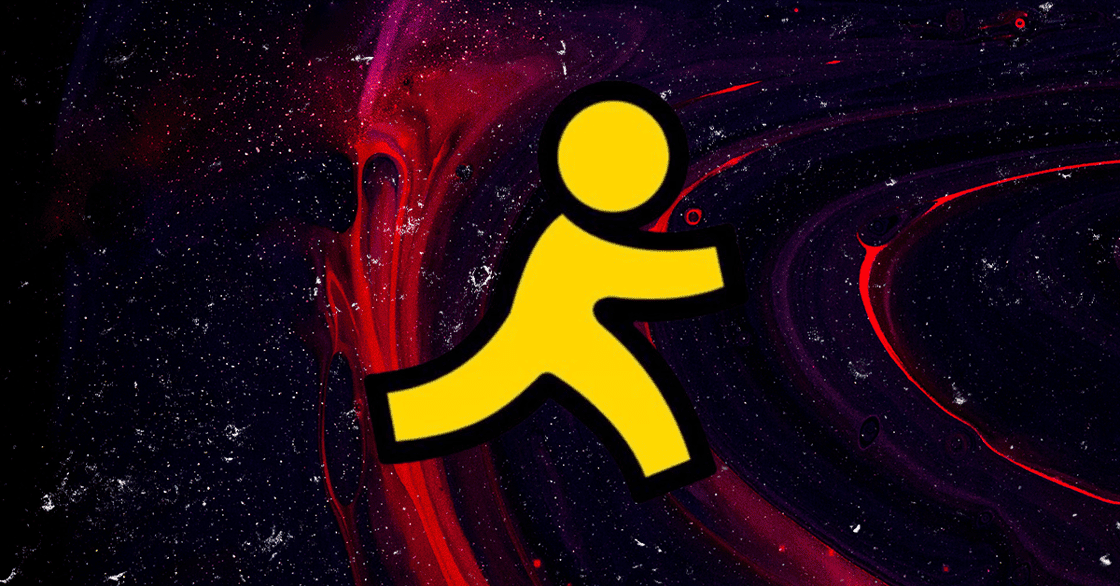It’s probably been a long time since you thought about AOL and the shiny trial CDs that once proliferated our mailboxes.
But now, after 34 years, it’s really over. AOL said it routinely evaluates its products and has decided to discontinue its dial-up internet service and associated software on Sept. 30.
AOL…
… was founded in 1983 by William von Meister as Control Video Corporation, which provided an online subscription service for Atari 2600 gamers and employed future AOL CEO Steve Case. That business didn’t work out.
But it ultimately became America Online (AOL) and launched its dial-up internet service in 1991, per Time. By 2000, AOL was the US’s biggest internet provider with a valuation of $125B.
AOL’s impact on US culture is obvious — and not just in the sappy lyrics used in countless Away messages as hints to our middle school crushes.
- Its iconic yellow running man logo dropped in 1997 with the expansion of AOL Instant Messenger. That service shuttered in 2017.
- Its “You’ve Got Mail” phrase, voiced by Elwood Edwards, was so ubiquitous it became the name of a 1998 rom-com in which the love interests initially meet in a chatroom and bond over email.
Today, AOL is owned by Apollo Global Management, the private equity firm that also owns another internet icon: Yahoo.
Do people still use dial-up?
While it may seem like an agonizingly slow and archaic way to connect, yes.
- About 22% of rural US households lack broadband internet access, per Gizmodo.
- Around 163k households — 1%+ of US household internet subscriptions — still used dial-up internet as of 2023.
- AOL had 1.5m subscribers in 2021 who paid for identity theft services, tech support, and other services, but it counted its dial-up subscribers as “in the low thousands.”
The changing internet
If it feels like all your early-aughts faves are fading away, you’re not wrong. Recent years have seen the end of icons like Skype and Internet Explorer.
At the same time, social media now often dominates our personal and professional lives; streaming media has replaced our physical books, CD, and DVD collections; and our search engines are increasingly powered by AI.
Let’s pour one out for AOL and the internet of yore: glacially slow, heralded by terrible screeching noises, yet in many ways less enshittified and more fun.
BTW: Feeling nostalgic for AIM and ICQ? So are they.
